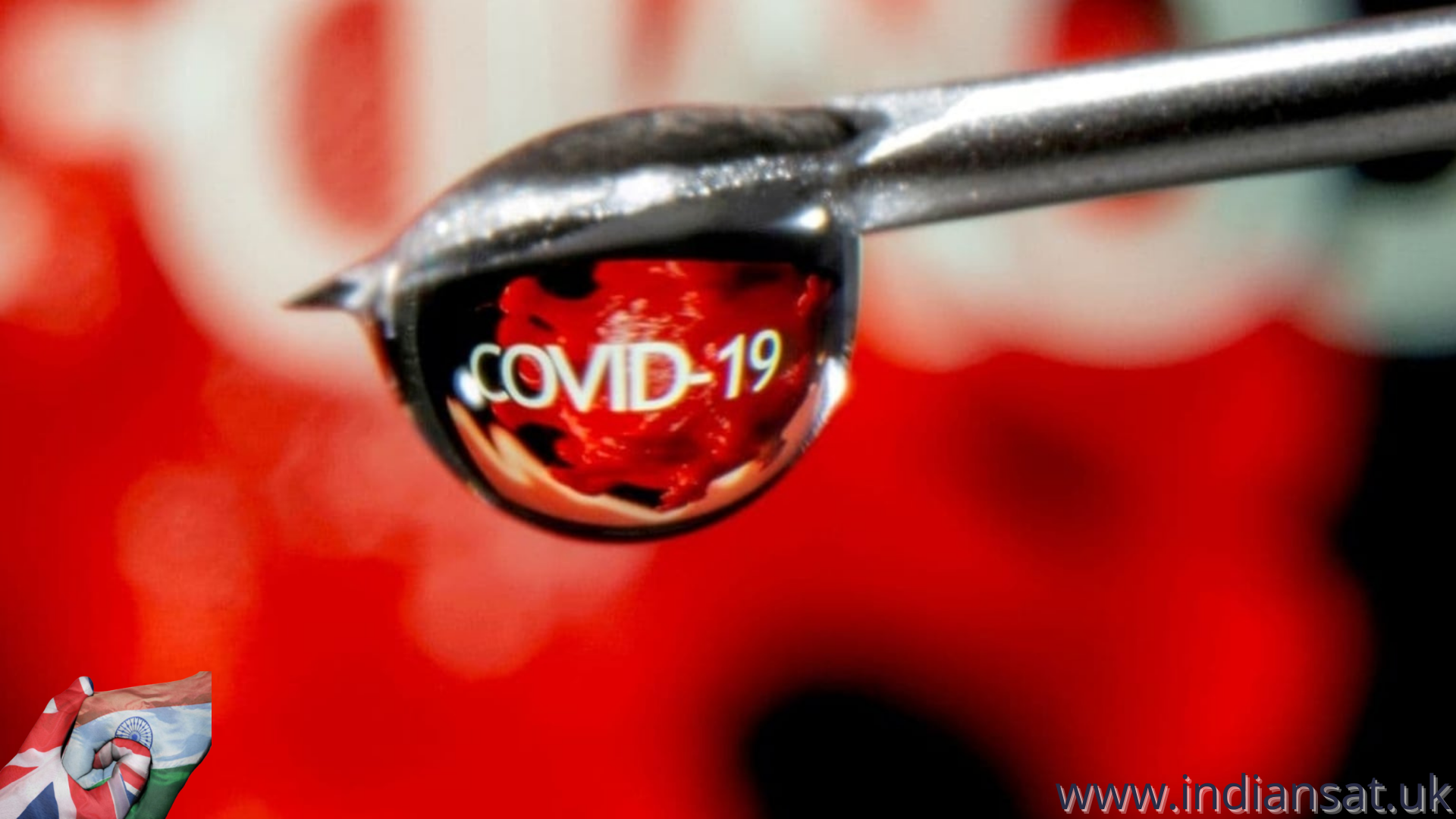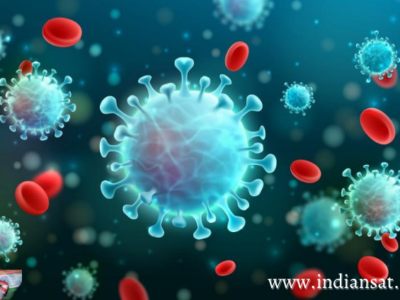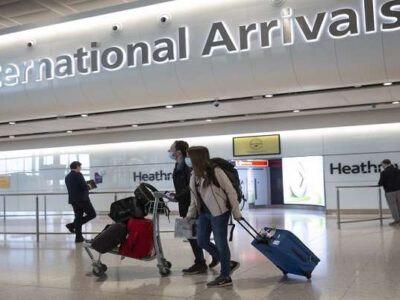The variant called B.1.1.529, which has been detected in South Africa in small numbers, contains multiple mutations associated with increased antibody resistance
After the Delta variant of COVID-19, the B.1.1.529 variant, detected first in South Africa, has left scientists concerned and us with the question of ‘will we ever be rid of this COVID-19 ‘.
The new variant, described by one scientist as “horrific”, is still mostly concentrated in one province in South Africa, but there are hints it may have spread further.
However, countries have already taken note of this variant and tightening measures.
In India, the Centre asked all states and union territories to conduct rigorous screening and testing of all international travellers coming from or transiting through South Africa, Hong Kong and Botswana.
In a letter to additional chief secretaries or principal secretaries or secretaries (Health) of the states and union territories, Union Health Secretary Rajesh Bhushan asked them to ensure that samples of travellers turning positive are sent to the designated INSACOG Genome Sequencing Laboratories (IGSLS) or genome sequencing laboratories promptly.
The contacts of these international travellers must also be closely tracked and tested as per MoHFW guidelines.
The Indian stock market also felt the effects of this new strain.
While the Sensex fell 1,215.17 points to 57,579.17, Nifty ended 364.15 points lower at 17,172.10. Both Sensex and Nifty registered losses of over 2 per cent.
Asian markets, too, suffered their sharpest drop in two months following the news.
The Shanghai Composite Index lost 0.5 per cent to 3,566.18 and the Nikkei 225 in Tokyo plunged by an unusually wide 2.6 per cent margin to 28,746.20. The Hang Seng in Hong Kong tumbled 2.1 per cent to 24,213.55.
Meanwhile, Hong Kong has already reported two cases of the new COVID-19 strain.
According to a Bloomberg report, a traveller from South Africa was found to have the variant while the other case was identified in a person quarantined in the hotel room opposite them, the Hong Kong government said late Thursday. That person may have been infected as air flowed between the rooms, according to the government.
The World Health Organization (WHO) also took note of the new variant and has scheduled a special meet on Friday to discuss what it may mean for vaccines and treatments.
“We don’t know very much about this yet. What we do know is that this variant has a large number of mutations. And the concern is that when you have so many mutations, it can have an impact on how the virus behaves,” Dr Maria Van Kerkhove, WHO’s the technical lead on COVID-19, said in a Q&A that was live-streamed on the organisation’s social media channels.
At the meeting, the WHO may also decide whether or not to give the B.1.1.529 variant a name from the Greek alphabet. If it does, it is likely to be named Nu, the next available letter.
Reacting to the news, the United Kingdom has temporarily banned flights from South Africa, Namibia, Botswana, Zimbabwe, Lesotho and Eswatini from midnight on Friday, and said that returning travellers from those destinations would have to quarantine.
Israel has followed suit, saying it will ban its citizens from travelling to southern Africa.
Australia’s health minister, Greg Hunt, said it was investigating and would swiftly close its borders to travellers from the African nation if the WHO were to classify it as a major new variant. “If the medical advice is that we need to change, we won’t hesitate,” he told reporters on Friday morning.
What makes this new variant dangerous is that it has an incredibly high amount of spike mutations — over 30.
The new variant also carries a mutation called N501Y which has been reported in other variants of concern. Studies have shown that this mutation helps the variant be more transmissible. It also allows the virus to readily bind to the human angiotensin-converting enzyme 2 (ACE2) receptors.
![]()






